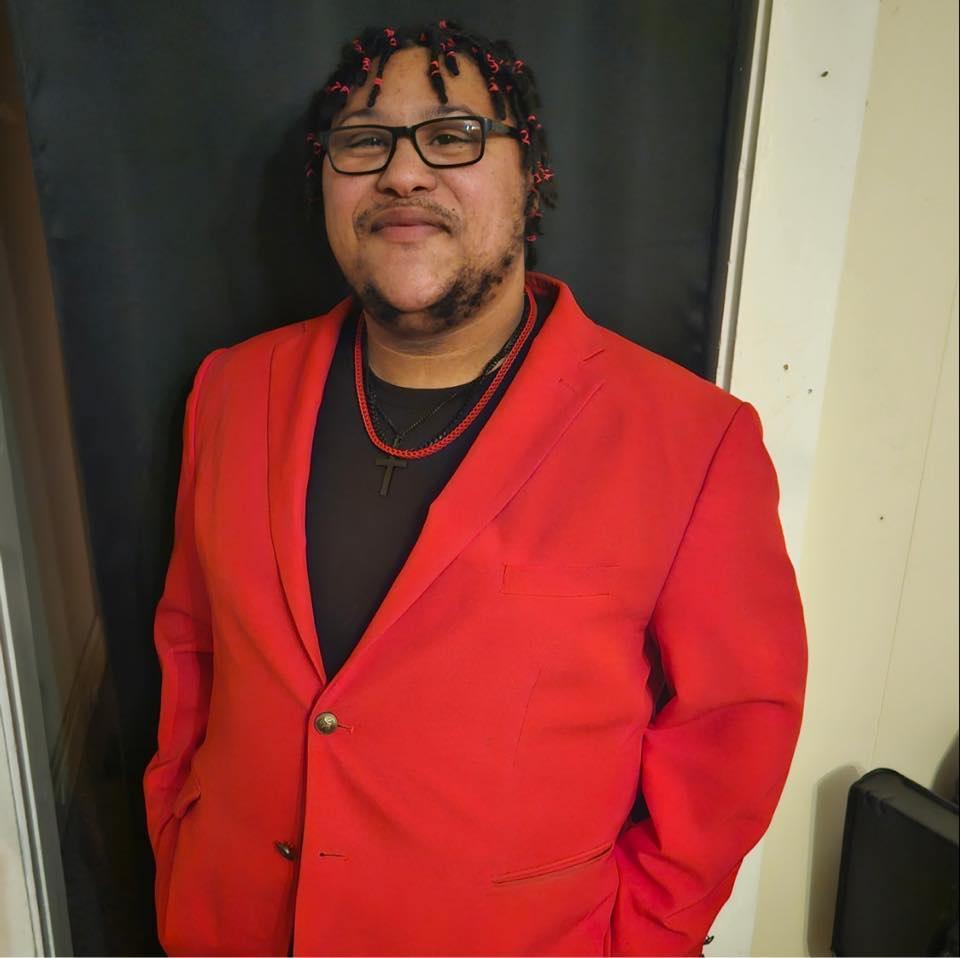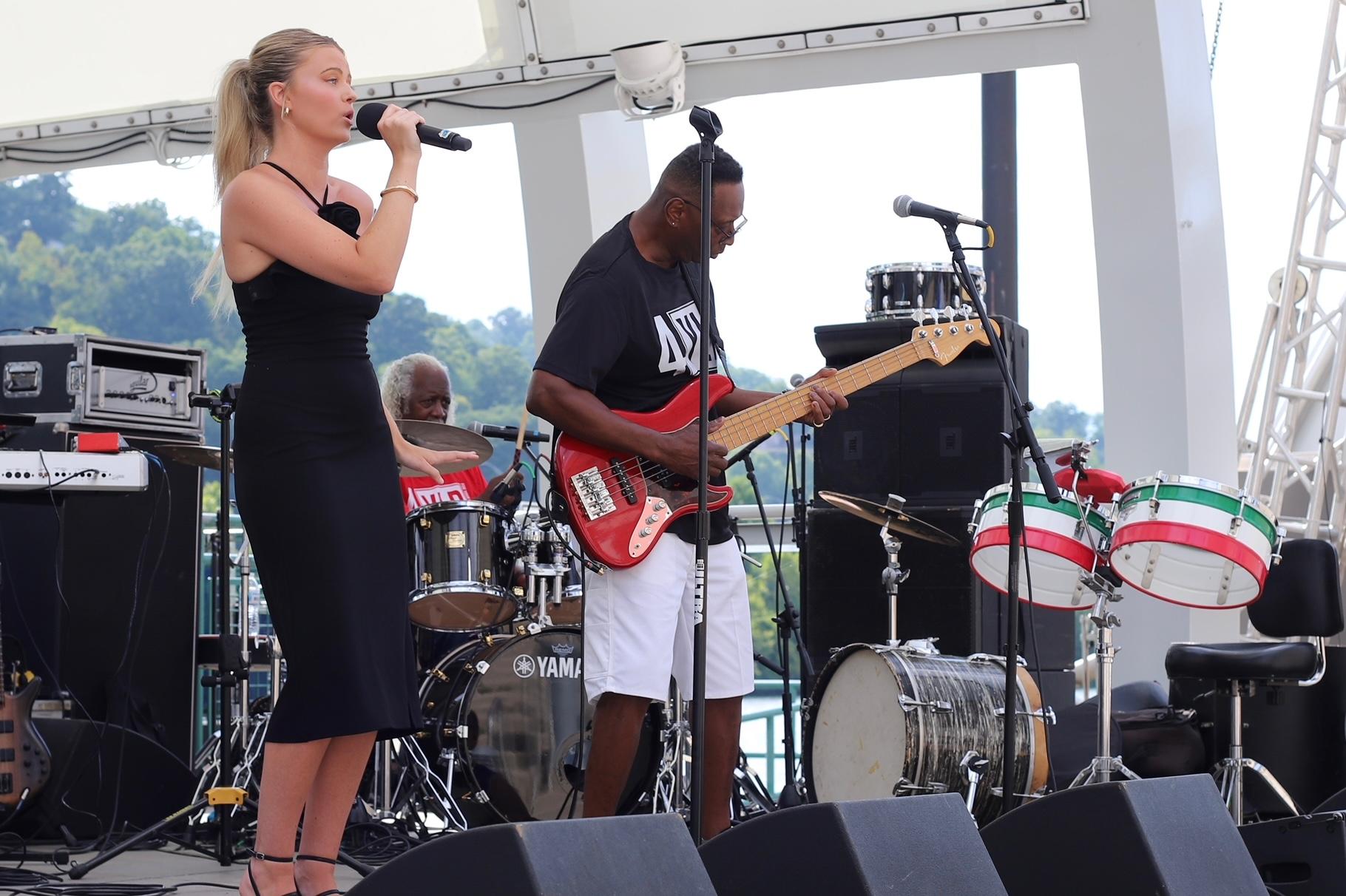
Ohio University Southern is excited to host the 3rd annual Culture & Heritage Festival on Saturday, June 14, 2025 leading up to the Juneteenth holiday.
Although Juneteenth, celebrated on June 19 each year, has long been celebrated in the African American community, this monumental event remains largely unknown to most Americans. Annually, starting in June 2021, Ohio University celebrates this occasion with programming and activities.
11:45 a.m. | Opening Ceremony
The opening ceremony will feature welcome remarks, and Portsmouth High School Band Director Tony McKrimmon performing the National Anthem and Lift Every Voice & Sing.

12 p.m. | What's Up Betsy
Ironton-based band What's Up Betsy will bring their signature Appa-pop-punk-lachian to the stage.

1:30 p.m. | Shelby Lore
Kentucky native Shelby Lore blends classic rock rhythms with soulful country melodies, infused with the rich heritage of his mountain home.

3 p.m. | 4YLP
4YLP (For Your Listening Pleasure) is a Charleston, West Virginia-based band performing their signature blend of pop, funk, and R&B.

Culture & Heritage Festival Vendor and Tabling Request Forms
Community organizations and vendors (food and other items) are invited to table and offer services during the Culture & Heritage Festival.
The deadline for registration is June 7 at 5 p.m.
For more information concerning participation, please email Dr. Teresa McKenzie.
About Juneteenth
On “Freedom’s Eve,” or the eve of January 1, 1863, the first Watch Night services took place. On that night, enslaved and free African Americans gathered in churches and private homes all across the country awaiting news that the Emancipation Proclamation had taken effect. At the stroke of midnight, prayers were answered as all enslaved people in Confederate States were declared legally free. Union soldiers, many of whom were black, marched onto plantations and across cities in the south reading small copies of the Emancipation Proclamation spreading the news of freedom in Confederate States. Only through the Thirteenth Amendment did emancipation end slavery throughout the United States.
But not everyone in Confederate territory would immediately be free. Even though the Emancipation Proclamation was made effective in 1863, it could not be implemented in places still under Confederate control. As a result, in the westernmost Confederate state of Texas, enslaved people would not be free until much later. Freedom finally came on June 19, 1865, when some 2,000 Union troops arrived in Galveston Bay, Texas. The army announced that the more than 250,000 enslaved black people in the state, were free by executive decree. This day came to be known as “Juneteenth,” by the newly freed people in Texas.
Source: National Museum of African American History and Culture. (2020). Historic Legacy of Juneteenth . Retrieved online.
Learn more about the Historic Legacy of Juneteeth by visiting the National Museum of African American History and Culture website.
The Culture & Heritage Festival is made possible by a POWER Grant received from the Appalachian Regional Commission in partnership with the Lawrence Economic Development Corporation.

